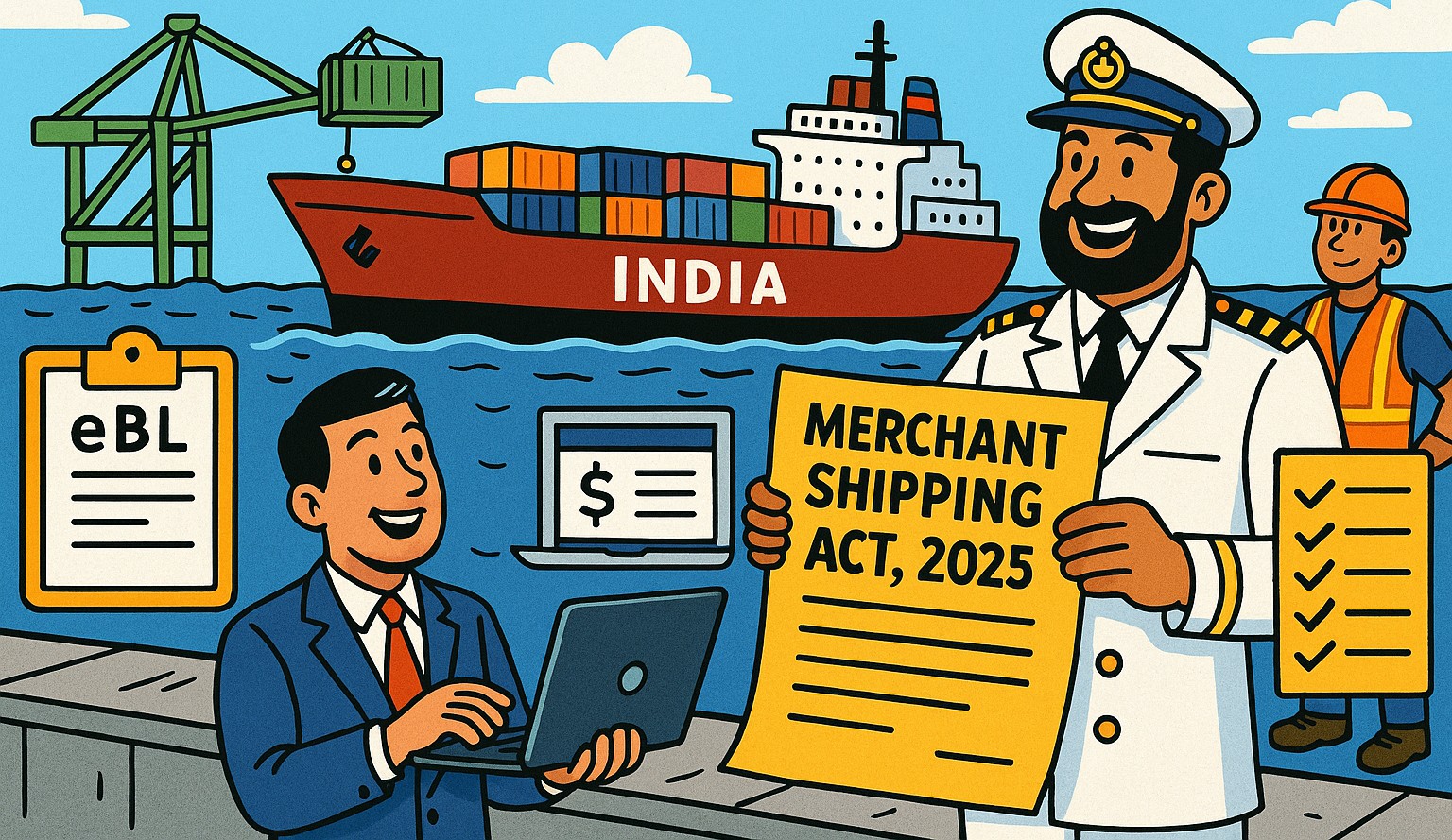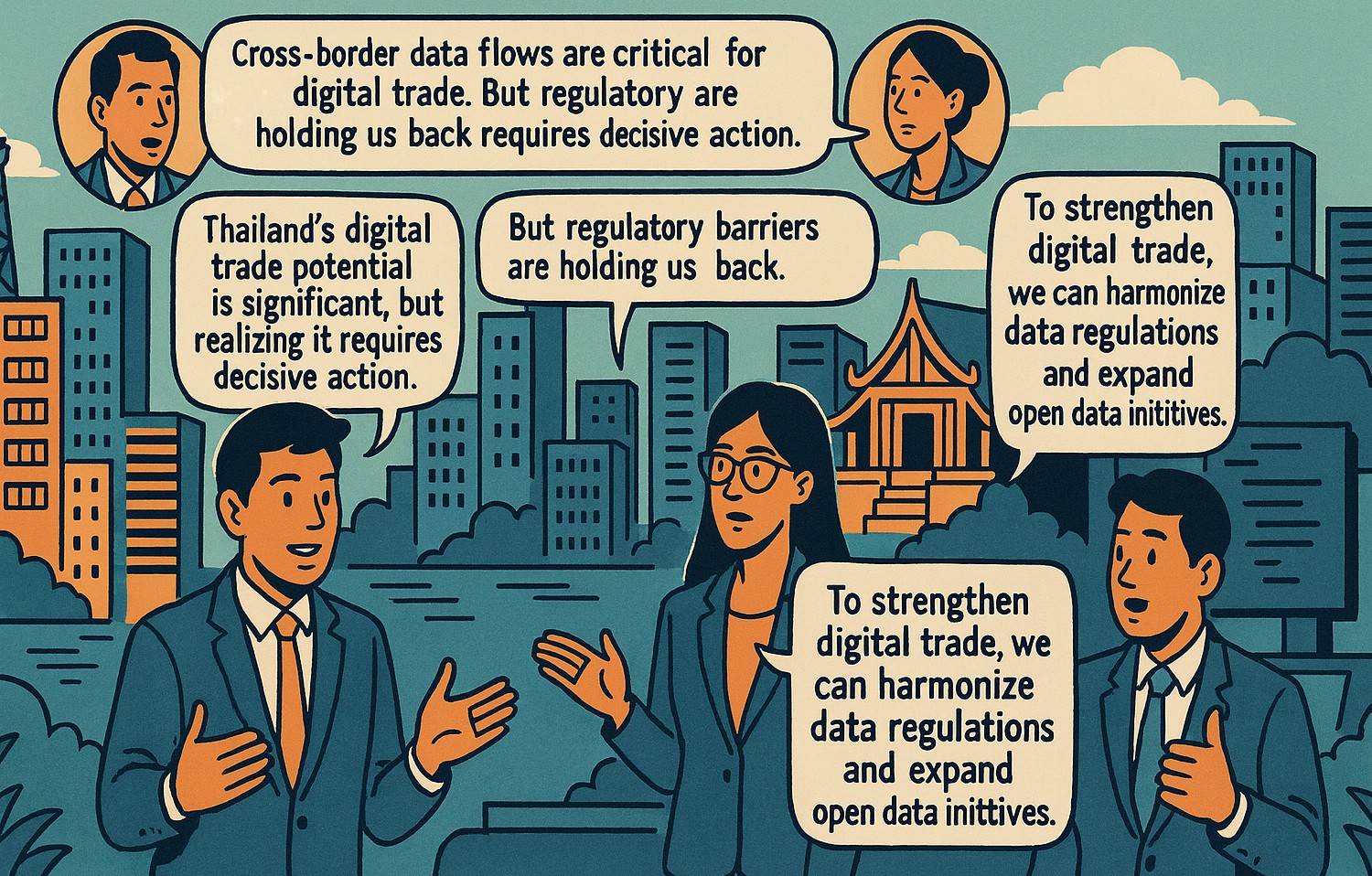trade digitalisation
-
Digital Finance in Europe: Technology, Artificial Intelligence and Future Perspectives

The volume “Digital Finance in the EU: Navigating New Technological Trends and the AI Revolution”, published in cooperation between the European University Institute and the European Commission, explores how digitalisation and the rapid rise of artificial intelligence (AI) are reshaping the European financial sector. This is not just a handbook for supervisory authorities but a Read more
-
Canada and the European Union (EU) are preparing to negotiate a Digital Trade Agreement (DTA) that could set new global standards for data governance, privacy, and innovation. While the Comprehensive Economic and Trade Agreement (CETA) laid the foundation for a modern transatlantic partnership, it did not fully address the digital economy’s complex dynamics. The upcoming Read more
-
Unlocking Europe’s Financial Data Future: Insights from the FiDA Debate

The European Union’s proposed Financial Data Access Regulation (FiDA) is emerging as a cornerstone in the ongoing transformation of Europe’s financial markets. The regulation aims to establish a comprehensive framework for data sharing across the financial sector, building on lessons from PSD2 and aligning with broader initiatives in open finance, digital identity, and the EU’s Read more
-
The World Trade Report 2025: Making Trade and AI Work Together to the Benefit of All, published by the World Trade Organization (WTO), explores one of the most pressing questions of our time: how artificial intelligence (AI) is reshaping international trade and whether it can serve as a driver of inclusive growth. The report highlights Read more
-
International trade still runs on paper. From bills of lading to customs declarations, stacks of documents follow goods as they move across borders. Despite the digital revolution, the majority of these processes remain analogue, slow, and expensive. The latest OECD Trade Policy Paper – The Digitalisation of Trade Documents and Processes: Going Paperless Today, Going Read more
-
The Economic Commission for Latin America and the Caribbean (ECLAC) recently published a study titled “The Potential Use of Blockchain in International Trade and its Facilitation” (International Trade Series No. 188, 2025). The report highlights how blockchain technology can reshape cross-border trade by fostering transparency, traceability, and efficiency in global supply chains. A Disruptive Technology Read more
-
The recently published report Ten Wins for Trade 2025 highlights ten concrete ways in which international trade has delivered prosperity, growth, and improved livelihoods worldwide. Among these achievements, one of the most transformative—and increasingly urgent—is the shift towards digital and paperless trade. From Burden to Breakthrough For decades, trade transactions relied on paper-heavy processes: physical Read more
-
Thailand stands at a pivotal moment in its digital transformation journey. With ambitions to reach high-income status by 2027, the country views the digital economy as a critical driver of growth and resilience. Within this broader ambition, digital trade—the exchange of goods and services enabled by cross-border data flows—has emerged as both an opportunity and Read more
-
India’s Landmark Maritime Overhaul: Understanding the Merchant Shipping Act, 2025

India has entered a new era of maritime governance with the enactment of the Merchant Shipping Act, 2025, which received the assent of the President on 18 August 2025. This legislation marks a turning point for the country’s shipping and trade sectors, as it replaces the Merchant Shipping Act of 1958, a law that had Read more
-
The APAC State of Open Banking and Open Finance (2025): Landscape, Progress, and Regional Insights

The 2025 report titled “The APAC State of Open Banking and Open Finance”, jointly developed by the Cambridge Centre for Alternative Finance (CCAF) and the Asian Development Bank Institute (ADBI), offers a detailed and comprehensive assessment of how Open Banking and Open Finance (OBOF) are evolving across the Asia-Pacific (APAC) region. Building upon insights from Read more






